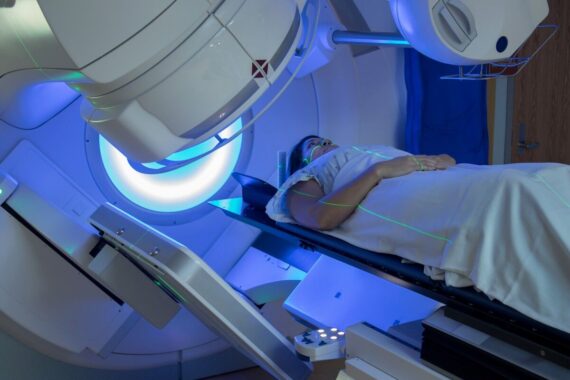Only two of England’s 42 integrated care boards (ICBs) are meeting the two-week window for patients to be seen by a cancer specialist, as NHS England confirmed today it will scrap the target.
Until now (17 August), NHS England’s operational standards indicated that 93% of patients with suspected cancer should be seen by a specialist within two weeks of a referral from their GP.
But new analysis of NHS data by Pulse’s sister title Healthcare Leader has shown that just two ICBs are meeting that target for all cancer referrals.
It comes as NHS England today confirmed it will scrap this two-week target in favour of a Faster Diagnosis Standard, effective from October.
The analysis of the NHS’s monthly performance statistics for June 2023 has revealed that for all cancers, only two ICBs are working above the target:
- Kent and Medway ICB (95.32%)
- Gloucestershire ICB (94.77%)
While less than half of patients referred with suspected cancer being seen within two weeks in Dorset ICB (47.91%) and Bristol, North Somerset and South Gloucestershire ICB (44.1%).
And for cases where patients present breast symptoms but cancer is not initially suspected, less than half of patients in five ICB areas were seen by a specialist within 14 days:
- Lincolnshire ICB (13.25%)
- Shropshire, Telford and Wrekin ICB (18.18%)
- Cornwall and the Isles of Scilly ICB (29.59%)
- Suffolk and North East Essex ICB (30.56%)
- South Yorkshire ICB (45.31%)
While three ICBs were operating above the standard:
- Gloucestershire ICB (99.24%)
- Buckinghamshire, Oxfordshire and Berkshire West ICB (97.91%)
- North West London ICB (95.37%)
NHS England publishes this data monthly and was contacted for comment.
Its newly reformed cancer targets launched today will lead to faster diagnoses and treatment, it says, as it confirmed its plans to consolidate the 10 current performance standards into just three.
Under the new three-pronged standard, it will be expected that:
- Patients with an urgent referral from their GP, who have breast cancer symptoms, or have been identified via screening should have cancer diagnosed or ruled out within 28 days
- Patients with a diagnosis begin treatment within 62 days of a GP referral
- Patients should start their first treatment within 31 days of receiving a cancer diagnosis and decision to treat.
Commenting on the data, a spokesperson for Bristol, North Somerset and South Gloucestershire ICB, said: ‘Reducing waiting times for cancer diagnosis and treatment is a key priority for us. We recognise that some people are having to wait longer than we would like from initial GP referral to diagnosis and treatment. Staff are continuing to work hard to address long waits – prioritising those in greatest need.
‘Two new community diagnostic centres are also due to be operational from April next year in Bristol and Weston-super-Mare which we expect will help thousands of people across the area to be seen more quickly.’
In its consultation, NHS England said the two-week wait target ‘sets no expectation of when patients should receive test results or actually get a confirmed diagnosis’.
Ten current cancer performance standards will be replaced by three measures including the faster diagnosis target for 28 days from urgent referral to a diagnosis or exclusion of cancer that has been in place since April 2021.
Visit Healthcare Leader for full infographic presentation on findings
















